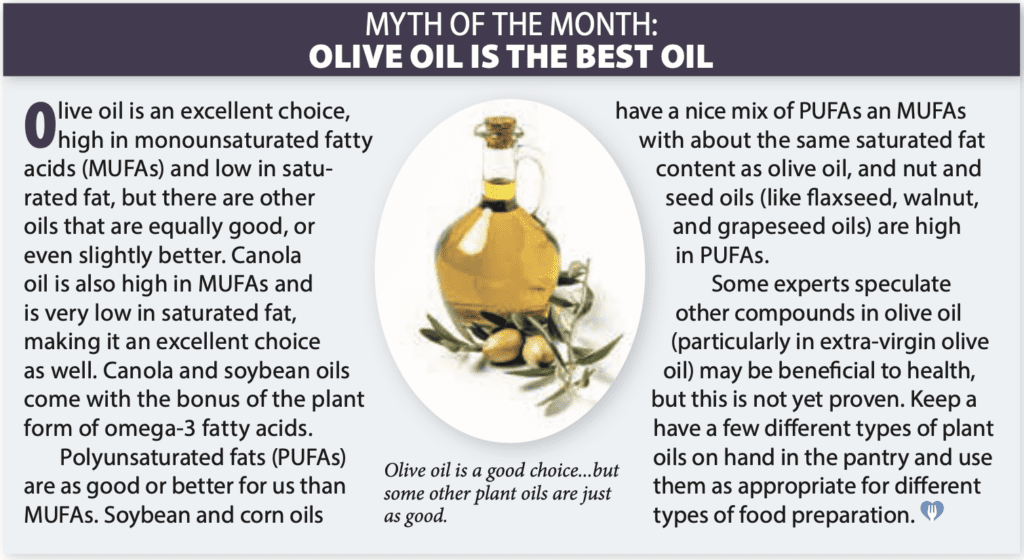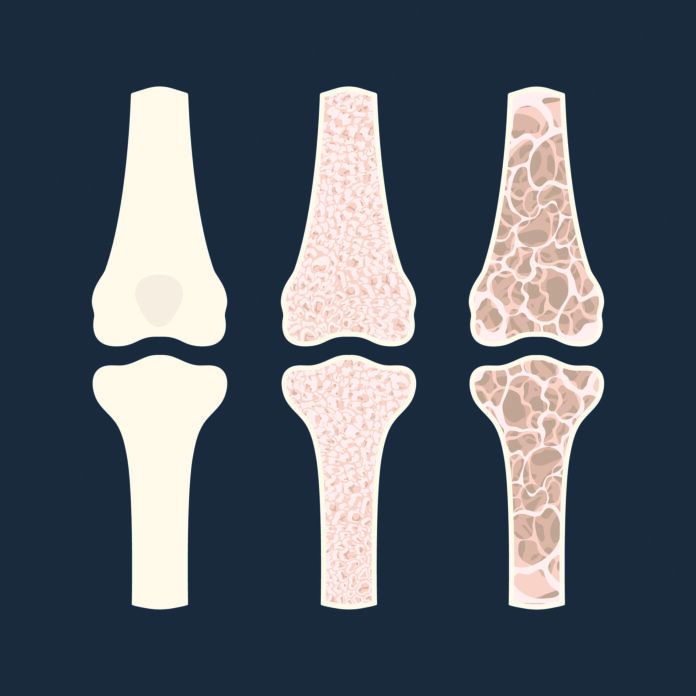Q: I’m going through menopause. Should I be taking calcium and vitamin D supplements for my bones?
A: Bess Dawson-Hughes, MD, endocrinologist, professor of medicine, and lead scientist in the Bone Metabolism Laboratory at the Jean Mayer USDA Human Nutrition Research Center on Aging, answers: “In the first five years after menstruation ceases, women’s bodies face significant hormonal changes, particularly a drop in estrogen levels. This decrease in estrogen can lead to reduced bone density, increasing the risk of osteoporosis and fractures. It’s a critical time to focus on bone health, with calcium and vitamin D playing key roles.
“Calcium is essential for maintaining bone strength, while vitamin D helps the body absorb calcium effectively. Research has shown that during early menopause, the body’s changing hormone levels can make calcium supplements less effective. This happens because lower estrogen levels lead to bones releasing calcium into the bloodstream, which then signals the body to reduce calcium absorption.
“Nonetheless, it is important to meet the calcium intake requirement, preferably by consuming calcium-rich foods, in early menopause and throughout the lifespan. Foods rich in calcium include dairy products like milk, cheese, and yogurt, leafy greens such as kale and spinach, and fortified foods like orange juice and cereals.
“For vitamin D, which is vital for calcium absorption, supplementation can be beneficial, especially during periods of low sunlight exposure. A daily intake of 600 to 800 IU of vitamin D is recommended for healthy adults. Those with conditions that increase the risk of vitamin D deficiency, such as osteoporosis, should consult their healthcare provider for personalized advice. Including vitamin D-rich foods in the diet, like low fat and fat free milk, oily fish (like wild salmon, mackerel, and tuna), and calcium-fortified foods such as orange juice, cereals, and plant-based milk substitutes can further support bone health. Addressing calcium and vitamin D needs during early menopause is a proactive step women can take to maintain bone health and overall well-being during this transformative stage.”

Bess Dawson-Hughes, MD, is an endocrinologist, professor of medicine, and lead scientist in the Bone Metabolism Laboratory at the Jean Mayer USDA Human Nutrition Research Center on Aging. See her comments on preserving bone health in menopause on this page.





















